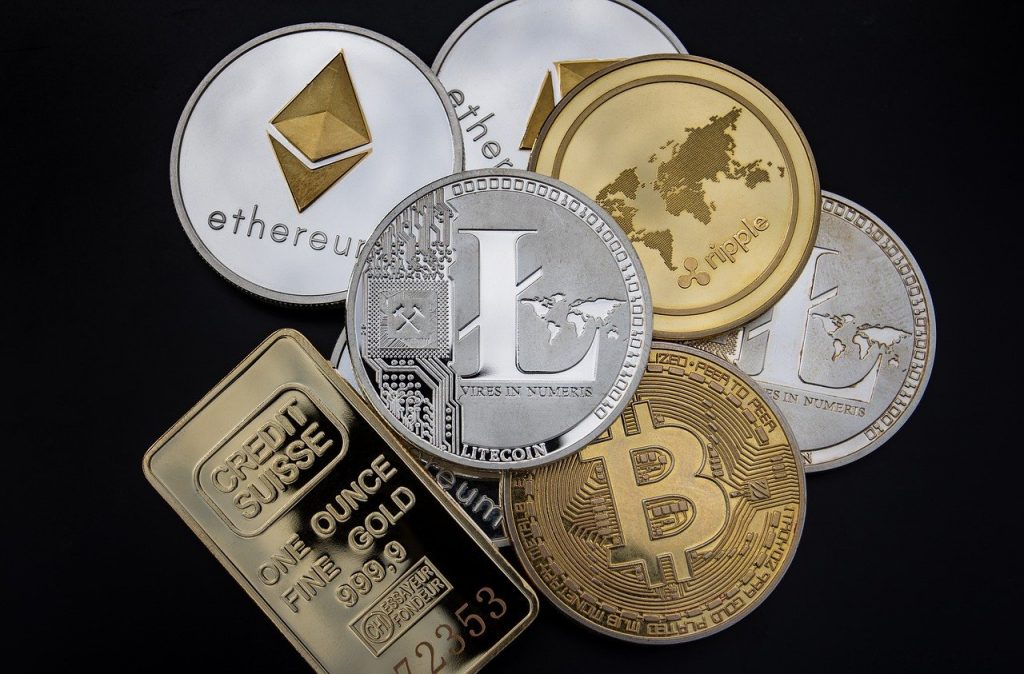Cryptocurrency is a term describing digital currencies based on blockchain such as bitcoin, Ethereum and Ripple. A defining feature of these cryptocurrencies is the ability to be sent between parties without an intermediary such as a bank or government. The decentralized nature means that anyone can request payment in cryptocurrency and they are stored in cryptographic wallets. This currency cannot be forged or changed by anyone.
As evidence of this, cryptocurrency is renowned for being resistant to fraud thanks to the transparent ledger that cannot be altered without leaving a record. This transparency has led many organizations to implement blockchain technology, most notably financial institutions such as Santander who are investing heavily due to the potential benefits over traditional banking.
What are the benefits of Cryptocurrency?
For the general population, cryptocurrency is seen as a much more accessible and convenient alternative to traditional banks. Furthermore, for those who may not have access to financial services due to where they live or other reasons, digital currencies can provide access to money without needing approval from a bank. The average transaction fee with centralised banks can be up to 60% higher than the transaction fee with cryptocurrency.
Another benefit is that you do not need a bank account or credit card to have money in your digital wallet thanks to cryptocurrencies being stored via blockchain, meaning it’s accessible to anyone. This makes them incredibly useful for charities and NGOs enabling them to easily send money abroad to impoverished areas.
Blockchain technology isn’t just for cryptocurrencies, it has the potential to be utilised in other ways too. The decentralisation of blockchain enables parties to conduct transactions without needing a trusted intermediary such as banks or credit card companies, which means that businesses will be able to save money on fees associated with finance transactions. This is great news for businesses that send or receive money internationally as this will now be much cheaper.
Additionally, the transparency and security of blockchain technology will allow businesses to conduct transactions more securely than through traditional methods such as cheques and wire transfers. This can greatly help reduce any risk of fraud, theft or unauthorised use of information. The speed and lower fees could also lead to better cash flow and increased liquidity: a win-win for both businesses and their customers.
What is Blockchain?
The blockchain is the fundamental technology behind cryptocurrency and it’s what allows cryptocurrencies to thrive; developing this would be much harder if we had no such thing as cryptocurrency. The blockchain was first utilised in 2009 with the launch of Bitcoin and has since been growing in popularity.
The blockchain is a new way of storing data, it is decentralised (meaning they’re no longer stored in one place) and it is immutable (you cannot change or remove any of the data that you add to it). It works by storing lots of information together in ‘blocks’. Each block stores information about transactions, which are then added to the public ledger that everyone can view. This is where your cryptocurrency’s value comes from.
Whenever you make a transaction using cryptocurrency an entry is added to the ledger which can be viewed by anyone with access to the blockchain. The record of this transaction is permanent and cannot be changed once it’s been made. This means that if you send or receive cryptocurrency to someone they can check on the public ledger and confirm that this is true, offering an extra level of trust and security when conducting financial transactions.
The decentralised nature of blockchain technology and cryptocurrencies mean that you don’t need a trusted intermediary such as a bank to conduct a transaction. It also means that transactions do not have any fees associated with them and the speed at which they can be completed is much faster than traditional methods such as cheques or wire transfers.
There are endless potential uses for blockchain technology in our daily lives, from government functions to business operations, from online shopping to voting, the blockchain is a technology that has massively disrupted the financial sector and will continue to do so.
